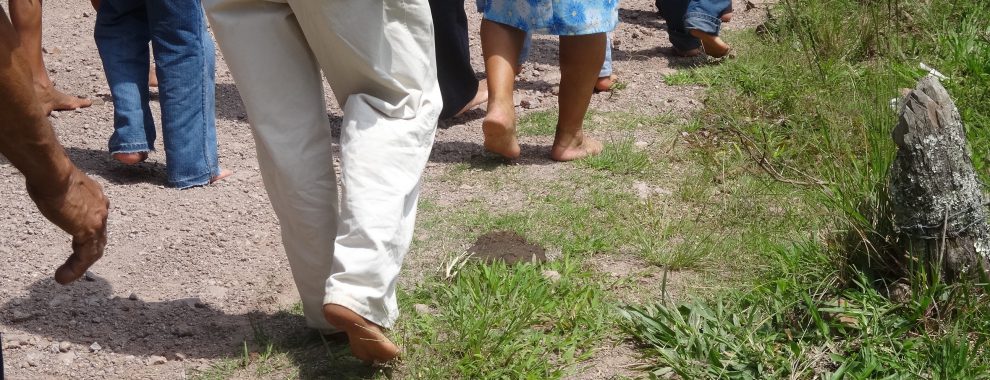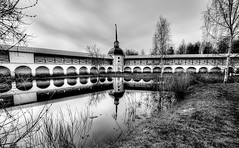On November 30, 1943, a Dutch Jewish woman died in Auschwitz – one of millions killed by the Nazis for being Jewish or “different” in other ways.
Many years later, the diary of Etty Hillesum came to light.
One passage that struck me reveals her depth – able and willing to see beauty even when surrounded by misery, suffering, and the horrors of evil.
It all comes down to the same thing: life is beautiful, and I believe in God. And I want to be there right in the thick of what people call horror and still be able to say: life is beautiful. Yes, I lie here in a corner, parched and dizzy and feverish and unable to do a thing. Yet I am also with the jasmine and the piece of sky beyond my window. There is room for everything in a single life: for a miserable end and for belief in God.
Advent is a time of waiting in the midst of darkness. It is a time to contemplate the misery of the world, the people who live in misery (which is often a term indicating extreme poverty). It is a time to not turn away from the suffering but to face it – with faith and with hope.
In the midst of the Nazi Holocaust, Etty Hllesum could call upon her belief in God to sustain her. She nurtured this belief by prayer. As she wrote on May 18, 1942:
The threat grows ever greater, and terror increases from day to day. I draw prayer round me like a dark protective wall, withdraw inside it as one might into a convent cell and then step outside again, calmer and stronger and more collected again. I can imagine times to come when I shall stay on my knees for days on end waiting until the protective walls are strong enough to prevent my going to pieces altogether, my being lost and utterly devastated.
We live in dark times but God is a protecting wall – but not a wall that keeps us isolated from the evil and the pain of others, but a wall that sustains us to see and respond in love to the evil around us.
I think today also of Pope Francis who went to a war-zone, the Central African Republic, and even visited a mosque in an area surrounded by “Christian” militia – not afraid to confront evil.
Would that I had such faith and courage.



 Today is the feast of St. Catherine of Alexandria, the patroness of philosophers.
Today is the feast of St. Catherine of Alexandria, the patroness of philosophers.








